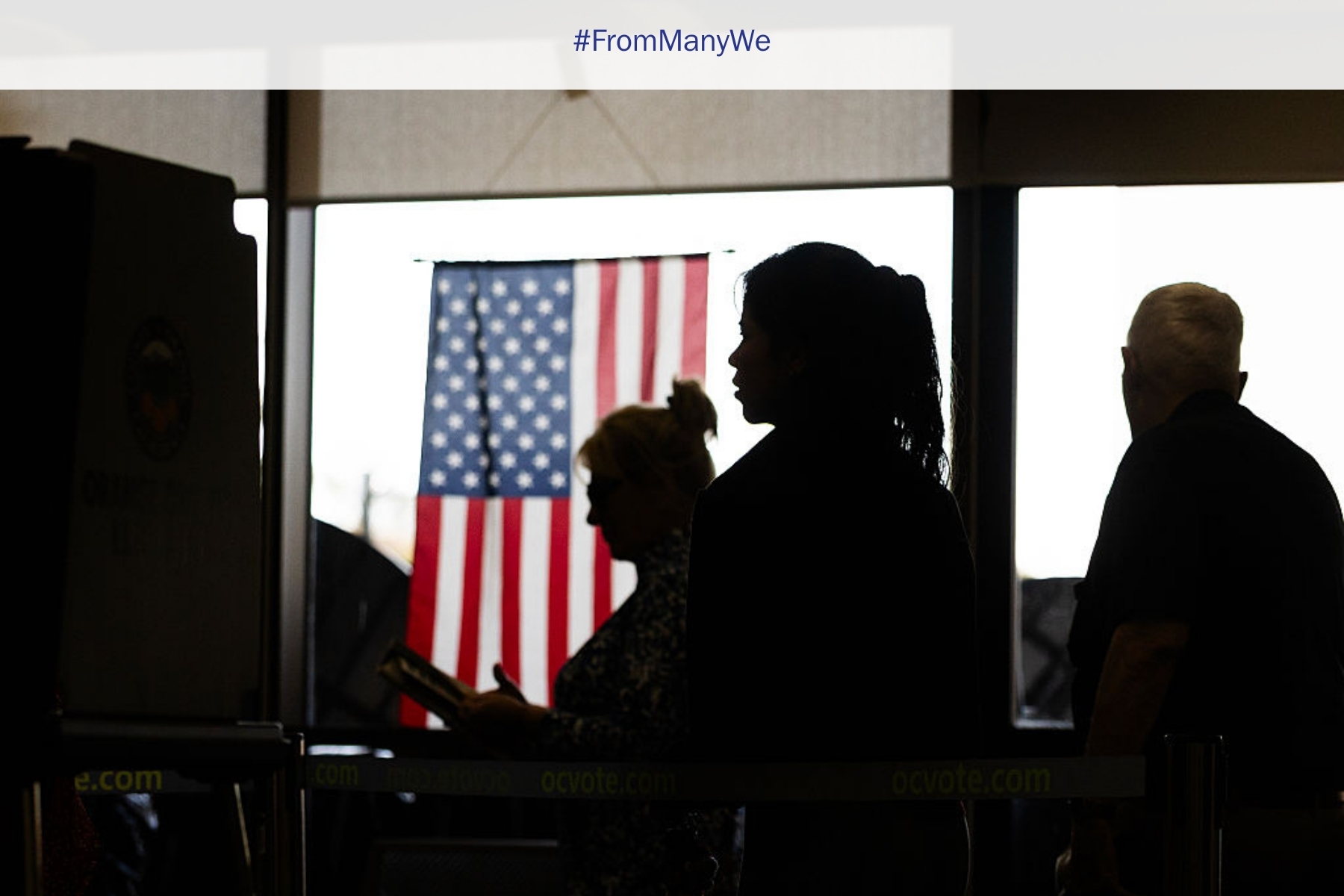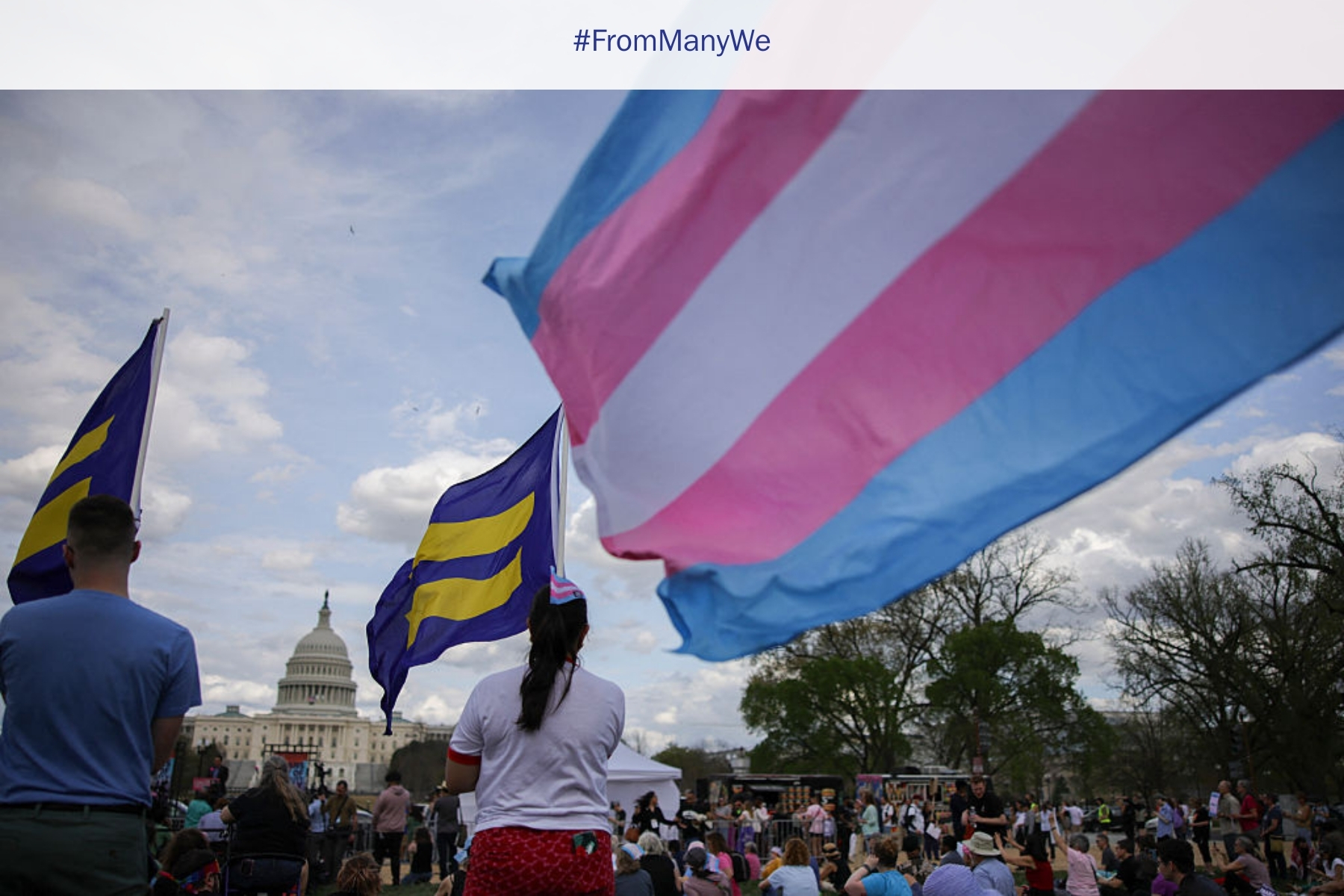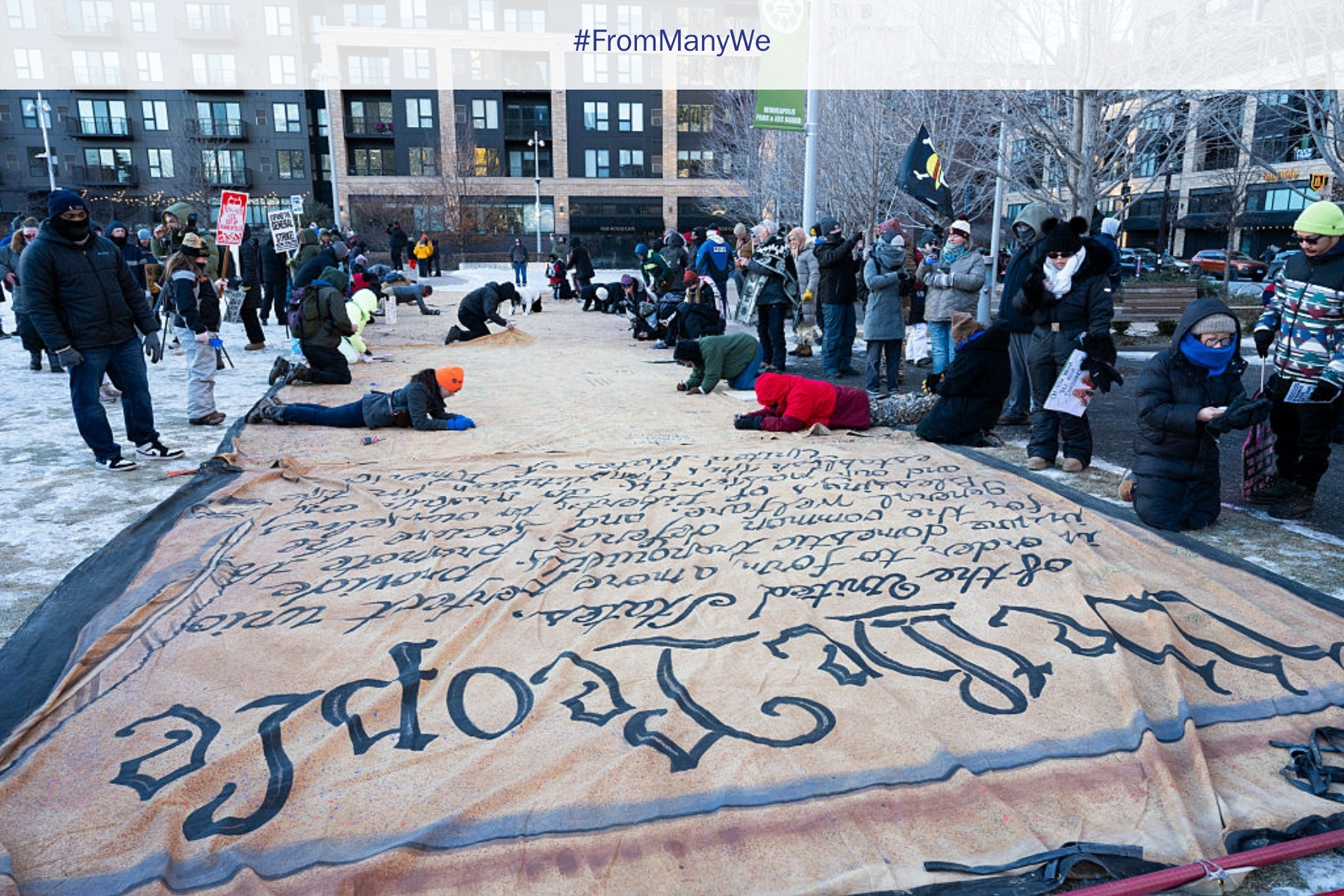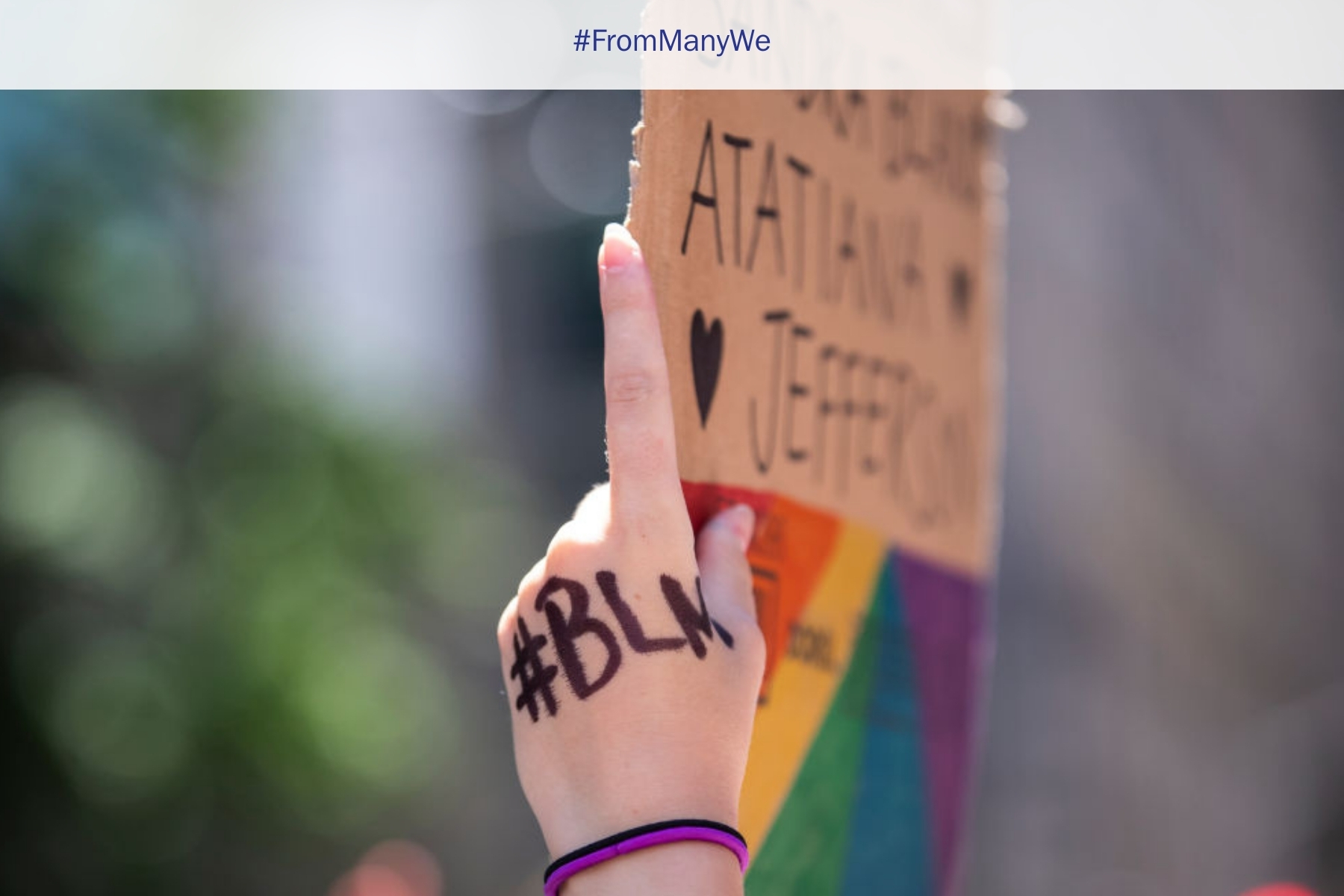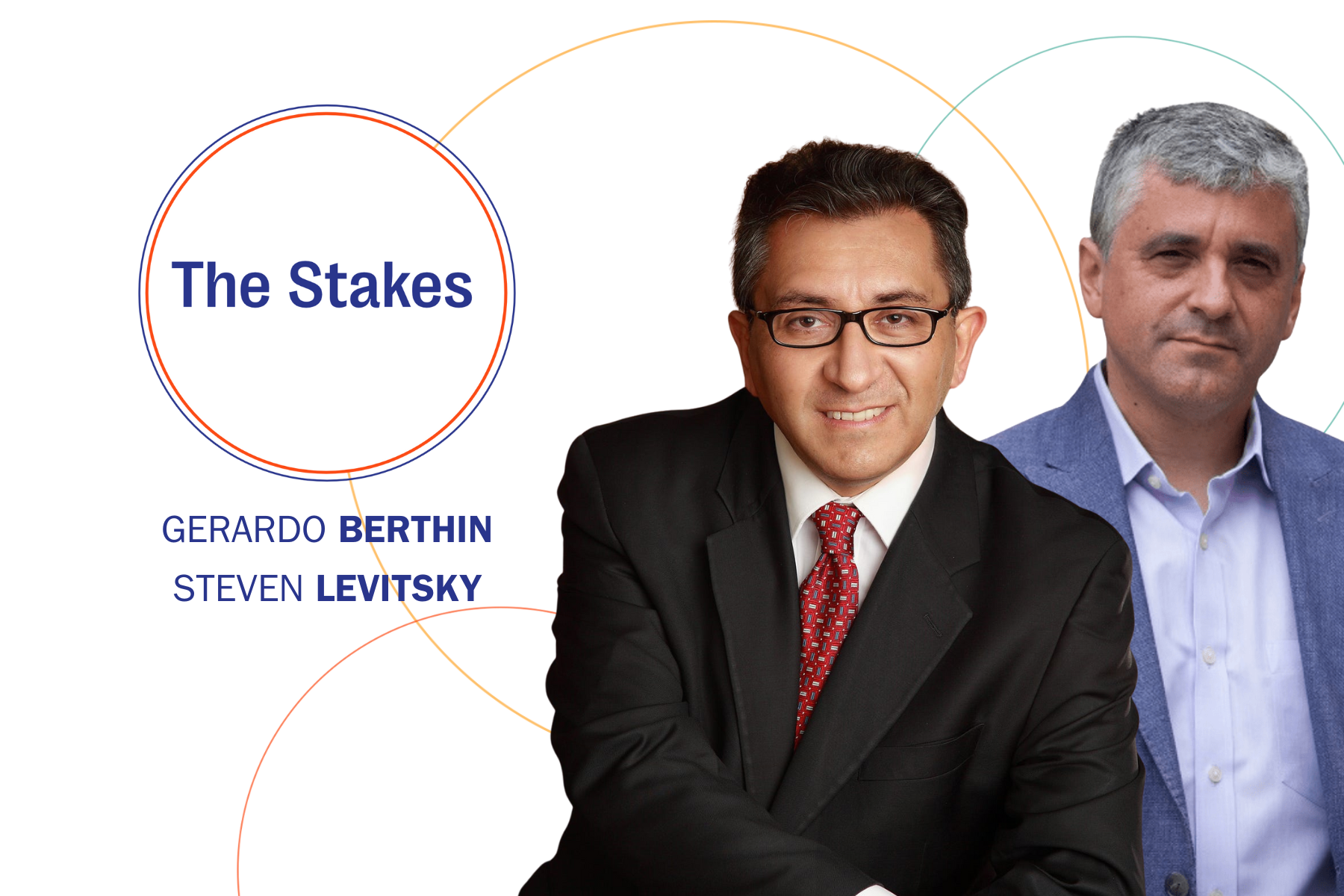The Global Dimensions of Project 2025: A Foreign Policy for Authoritarianism
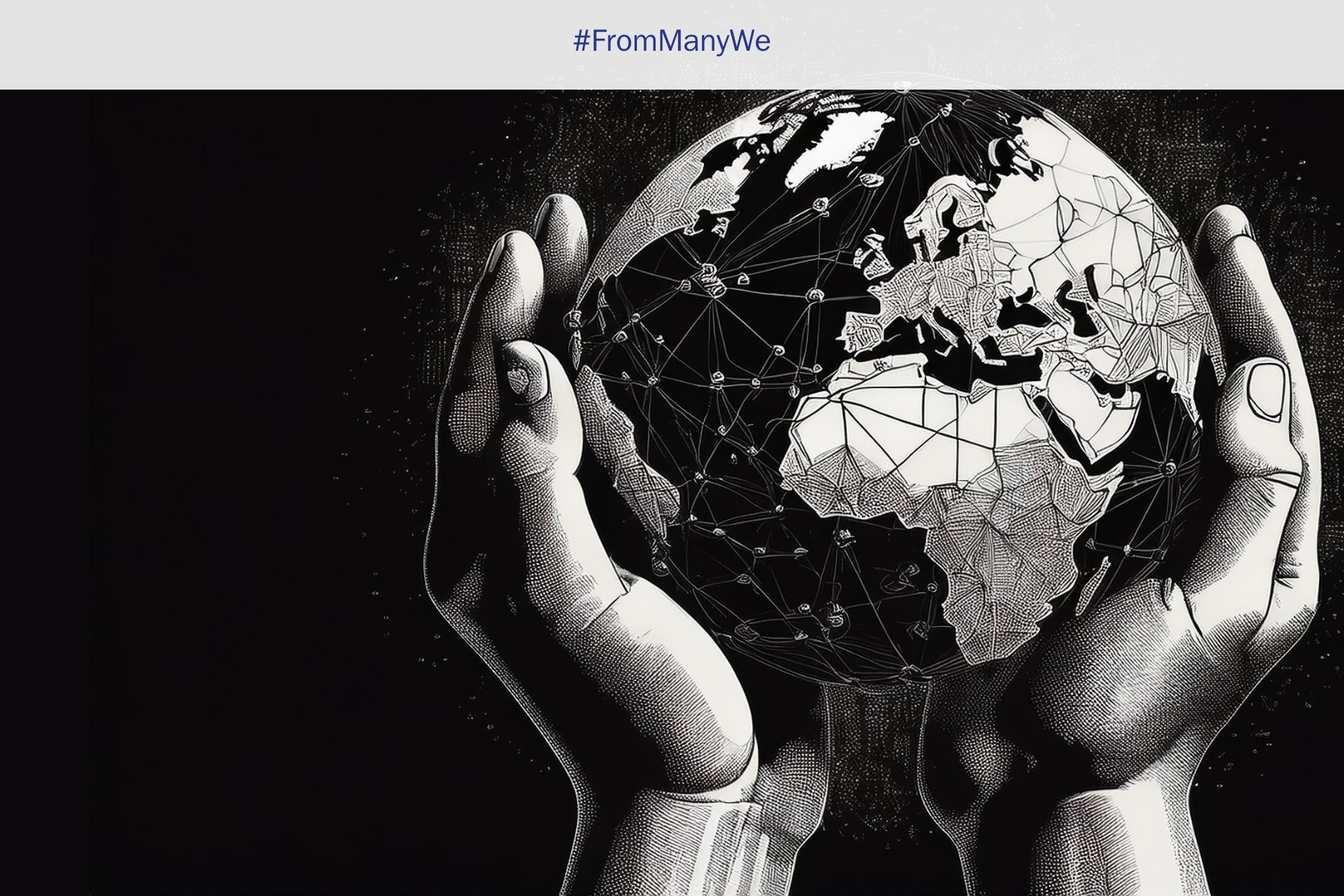
Awareness of Project 2025 is growing. However, few discussions of the conservative presidential transition initiative have focused on its implications for global authoritarianism. By installing loyalists and ideologues at high levels of our diplomatic, military, and intelligence agencies, the plan would create chaos in our foreign policy, undermine relationships with allies, and embolden adversaries. In the context of a growing convergence between the American and international far right, Project 2025 is likely to accelerate the rise of global authoritarianism.
Ties to Global Authoritarianism
Around the world, authoritarian leaders have come to power stoking fears and amplifying divides over issues like immigration and LGBTQ+ rights to consolidate a base of culturally conservative voters. As Anne Applebaum has stated, they are acting as a loosely coordinated “network,” and this networking includes leaders in the American far right. Authoritarian leaders throughout the world are talking directly with one another. Examples include Tucker Carlson’s famous visit to Moscow and visits by Argentina’s Javier Milei and Hungary’s Viktor Orban to US conferences with conservative activists. And this coordination is working: The Republican Party is now ideologically nearly identical to right-wing parties worldwide and is increasingly sympathetic to Vladimir Putin.
Orban’s growing influence over the American far right is especially relevant to Project 2025. Orban has been perhaps the most successful at manipulating a nominally democratic system to push conservative cultural issues. The Heritage Foundation, the conservative think tank behind Project 2025, touts its relationship with Hungary, has platformed Orban at its events, and recently announced a partnership with the Danube Institute, a pro-Orban think tank. After a visit with Orban, Heritage president Kevin Roberts, recently acknowledged Hungary as “not just a model for conservative statecraft, but the model” for its institutionalization of conservative cultural politics. (The two also exchanged congratulatory tweets). If, as Maura Casey has argued, Project 2025 would model a future conservative administration on the Orban regime, we also might expect a foreign policy much more friendly to Orban and similar regimes around the world.
Russia, Ukraine, and European Democracy
According to the Mandate for Leadership, the 922 page document that contains Project 2025’s policy agenda, the central foreign policy focus is introduced on page 178 as a “pivot” to counter threats specifically posed by China. While China is indeed an authoritarian country seeking to expand its influence, the metaphor suggests a zero-sum dynamic in which the US would be less concerned with Russia and threats to European democracies.
The Mandate document is vague on the Russia-Ukraine question. It generally condemns Russian aggression and authoritarianism but acknowledges that the question is “divisive” among conservatives. Therefore, on page 182, it punts the question to “presidential leadership.” Of course Trump has repeatedly said he would end the war immediately by pressuring Ukraine into a deal. MAGA Republicans opposed the recent Ukraine aid bill, stalling it for months. Trump’s running mate, JD Vance, outlined the case against Ukraine funding in a New York Times editorial. By putting the question of Russian aggression in the hands of a president with sweeping executive power, numerous signs suggest Project 2025 would result in weakening support for Ukraine and would further embolden Russia in its efforts to thwart democratic aspirations in Ukraine, Eastern Europe, and central Asia.
Weakening International Organizations
Another theme in the foreign policy of Project 2025 is reducing US participation in international organizations and alliances while cutting back on foreign aid. The Mandate calls for a “comprehensive cost-benefit analysis of US participation in all international organizations” (191), a clear signal of an isolationist policy that would reduce support for emerging democracies. The document calls for “transforming NATO” so that allies are self-sufficient in defending against Russia (94) and appointing a strong NATO ambassador with personal ties to the president (174). The document specifically questions support for the World Health Organization and numerous United Nations agencies and proposes to eliminate “wasteful spending” at USAID (253). By pulling the US out of global organizations and cutting back on foreign aid, Project 2025 would remove important tools for supporting democracy around the world.
Promoting Religious Conservatism
Echoing its domestic agenda, Project 2025 would bring conservative religious goals to foreign policy. Once in power, rather than promoting democracy and protecting American security, “protecting life” would become a “core objective” of foreign assistance (260), while “gender equity” (259) would be eliminated. It would also expand aid to international faith-based organizations while training USAID staff to refocus the agency on spreading “religious freedom” (262).
Countering Global Authoritarianism Starts at Home
While Project 2025 is a clear and present danger to American democracy, it could be equally consequential for democracy around the world. Perhaps the easiest action Americans can take to address the rise of the global authoritarianism is to mobilize in defense of democracy at home.
Derek W. M. Barker is a program officer at the Charles F. Kettering Foundation, a political theorist, and the lead editor of the foundation’s blog series From Many, We
From Many, We is a Charles F. Kettering Foundation blog series that highlights the insights of thought leaders dedicated to the idea of inclusive democracy. Queries may be directed to fmw@kettering.org.
The views and opinions expressed by contributors to our digital communications are made independent of their affiliation with the Charles F. Kettering Foundation and without the foundation’s warranty of accuracy, authenticity, or completeness. Such statements do not reflect the views and opinions of the foundation which hereby disclaims liability to any party for direct, indirect, implied, punitive, special, incidental, or other consequential damages that may arise in connection with statements made by a contributor during their association with the foundation or independently.
